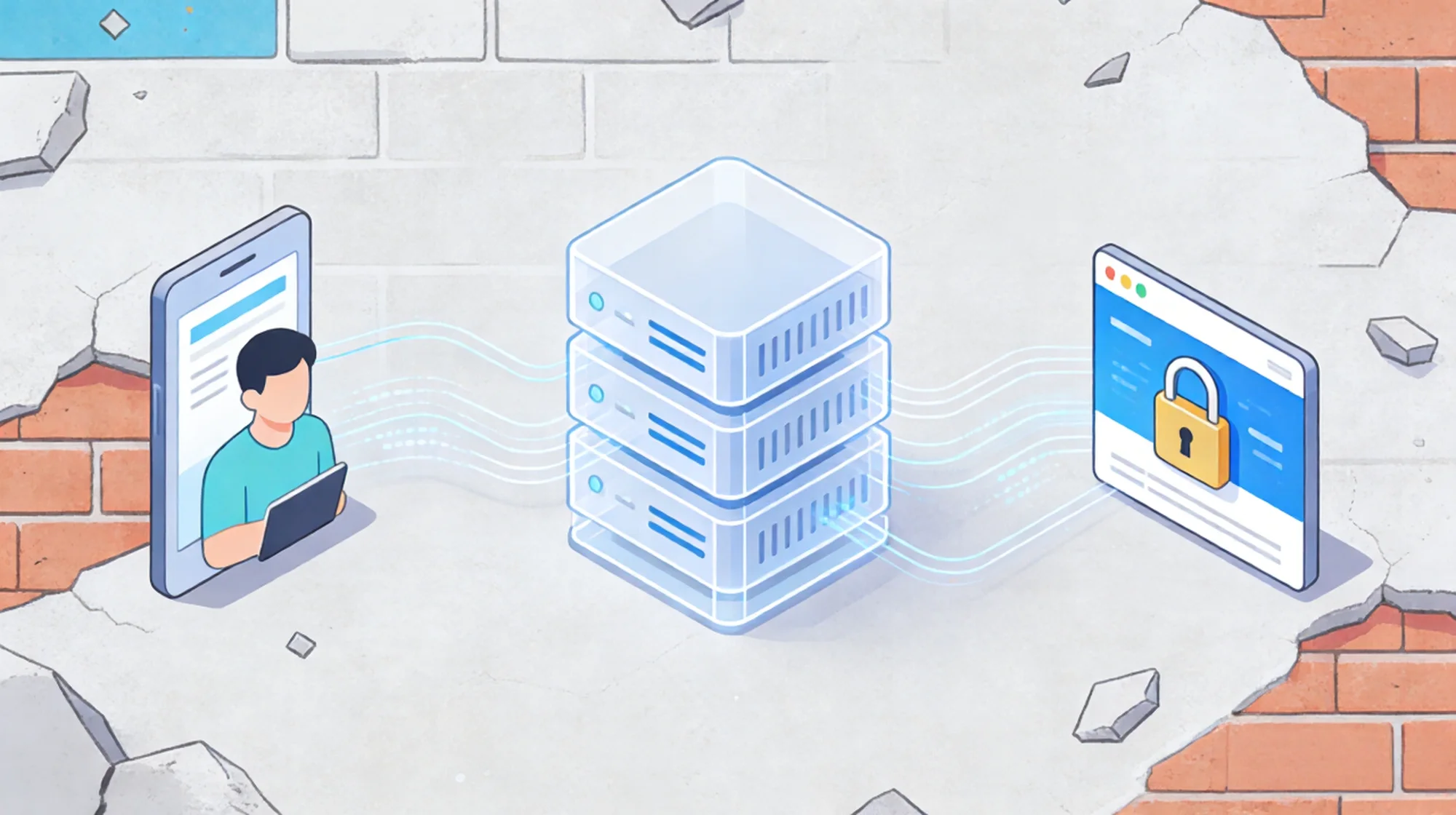In cross-border e-commerce, data-driven decisions are key to staying competitive. Analyzing competitor pricing, stock levels, and reviews requires a stable and reliable network proxy solution. By properly using residential proxy IPs, you can improve scraping efficiency while protecting account security. This article explains how to efficiently scrape competitor data and provides practical strategies for safe operation.

Advantages and Types of Residential Proxy
Static Residential IPs and Dedicated Dynamic IPs
Choosing the right type of IP is crucial for effective data scraping.
- Static Residential IPs: These are long-term fixed IPs with the advantage of stability and exclusivity, making account management and operation logging easier. However, for platforms with strict anti-fraud systems like Amazon or Facebook, sending a large number of requests from the same static IP may still trigger alerts. Therefore, static IPs are not a universal solution to reduce account suspension; they should be used with proper request frequency and operation strategy.
- Dedicated Dynamic IPs: Each request can rotate to a different IP, helping reduce the impact of anti-scraping defenses on individual IPs. When scraping websites with strict anti-bot measures, dedicated dynamic IPs can improve overall task success rates. However, request frequency, interval, and concurrency still need to be carefully managed.
US Residential IPs and High-Quality International Proxy Services
To ensure access speed and stability, consider using US residential IPs or stable overseas proxy nodes. High-quality international proxy services help enhance scraping continuity and data integrity, minimizing interruptions in your data collection tasks.
How to Efficiently Scrape Competitor Data with Proxy
Multi-Browser Setup with Fixed Proxy
Many e-commerce operators use multi-browser setups with fixed proxy IPs for scraping.
- Assigning each browser instance its own IP ensures independent operation and avoids IP conflicts.
- For managing independent stores or multiple platforms via cross-border ERP systems, this method increases efficiency while reducing suspension risks.
- Proper configuration simulates real user behavior, lowering the chance of being detected as abnormal traffic.
Scraper Configuration and Proxy Setup
Configuring your scraper proxy correctly is essential:
- Use HTTP proxy or Socks5 proxy according to target website requirements, and set request headers to mimic real user activity.
- Long-term IP proxy ensure consecutive requests use the same IP, improving stability.
- Control request frequency, intervals, and concurrency to avoid detection.
- Use country-specific residential IPs for different target markets to increase success rates.
Mobile IPs and Selecting International IPs
For mobile data scraping, static mobile IPs can be used in short-session tests or to simulate specific mobile network environments.
- For long-term or large-scale scraping tasks, dynamic mobile IPs are generally safer and better simulate real user behavior.
- Regularly verify IP status using mobile IP lookup tools to ensure scraping continuity.
Practical Strategies and Considerations
- Choose clean IPs: Ensure IPs have not been previously abused to avoid being blocked.
- Integrate with ERP systems: Directly import scraped data to analyze competitor inventory, price changes, and sales trends.
- Follow platform rules: Use proxy responsibly to avoid legal or platform violations.
- Global IP proxy deployment: Select residential proxy in the relevant countries for different markets to maximize scraping success.
- Combine dynamic and static IPs: Use static IPs for stability and dynamic IPs to reduce the risk of single-IP bans.
Summary
By using residential proxy IPs, whether static or dedicated dynamic, together with high-quality international proxy services or stable overseas proxy nodes, cross-border e-commerce operators can efficiently scrape competitor data while reducing account suspension risks. This strategy not only improves data analysis efficiency but also provides reliable support for independent stores, international e-commerce operations, and ERP systems.







